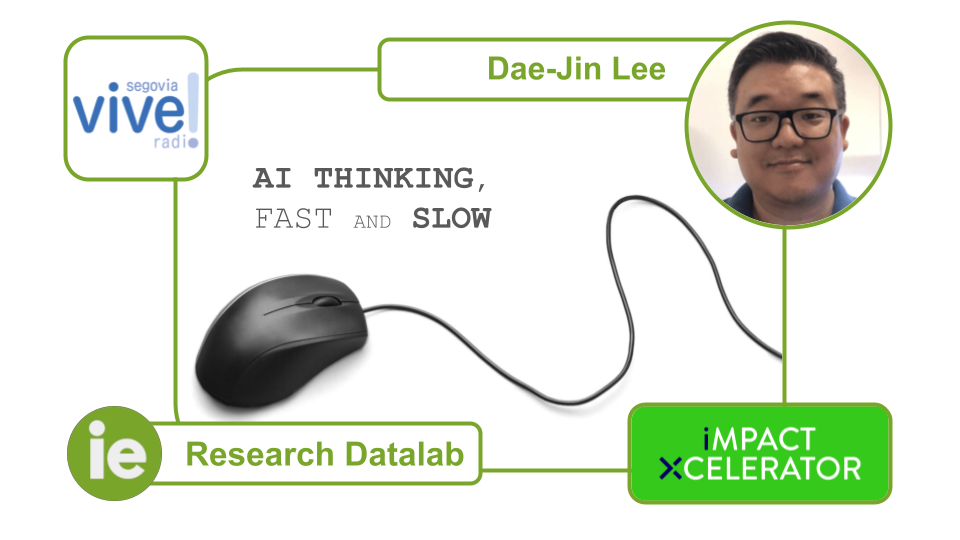A few months ago, Dae-Jin Lee visited Vive! Segovia Radio to talk about SORA, the new OpenAI tool that creates realistic videos from a text prompt. This week, Professor Lee returned to discuss the O1 model, a more powerful version of Chat-GPT that takes longer to process information. He explained this behavior by comparing it to how people slow down to think through harder problems.
Dae-Jin said this “slow thinking” in AI comes from how it learns through reinforcement learning. He used video games as an example. In these games, you earn rewards for good moves, like collecting coins, and face penalties for mistakes, like falling into a hole. AI learns in a similar way by adjusting its actions based on the feedback it gets. This helps it improve over time, just like we do.
However, AI is not perfect. Lee also talked about “hallucinations”, which occur when AI creates something that looks real but isn’t. For example, AI-generated images often show strange or distorted hands and feet. This highlights why people must think critically when using AI. As AI continues to assist with problem-solving, we will need to evaluate the results carefully.
Can AI learn to think critically too? Professor Lee believes it can. Today’s models already improve by learning from how we respond to them. The interview also explored how this change affects education and how IE University’s experts are adapting to this new era.
You can listen to the full interview here (in Spanish): https://podcasters.spotify.com/pod/show/vive-radio-segovia/episodes/Vive–Segovia–Cmo-piensa-la-Inteligencia-Artificial-e2oi6s1/a-abhk133
Read about Dae-Jin Lee’s earlier talk on SORA, the video generator: https://www.ie.edu/ieresearchdatalab/news-events/2024/04/sora-in-education/
Dae-Jin Lee is assistant professor at IE SciTech School. He is also Chief Scientist at Health & Tech Lab at Impact Xcelerator and member of IE Research Datalab.
